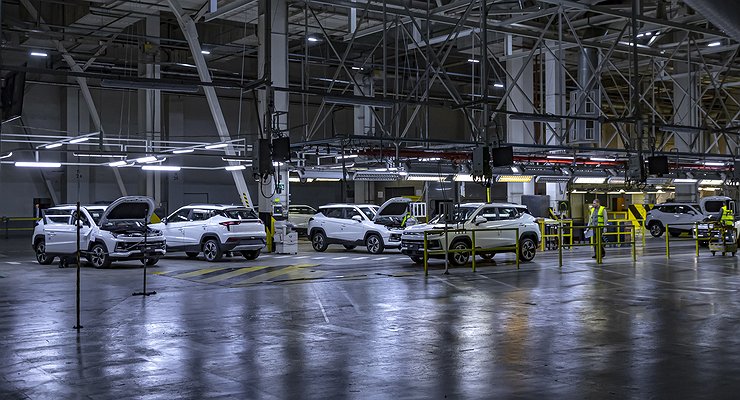German hydrogen-powered company H2FLY and its European partners have recently reached a major milestone in their quest to make zero-emission commercial flights a reality. Steps are being taken to integrate the storage tank into the H2FLY HY4 demonstration aircraft, as the developed LH2 storage tank has been tested by French industrial gas and services provider Air Liquide for LH2 vibration and sealing.
After the LH2 tank passed the test phase in September 2022, the integration process was initiated. This is a great achievement for the HEAVEN project with which H2FLY is the coordinator, Air Liquide partner. HEAVEN’s primary goal is to design, develop and integrate the world’s first aircraft propulsion system based on a high power density fuel cell system and LH2 cryogenic storage technology for flight test performance into an existing two to four seat aircraft.
One step closer to longer range aircraft
“Passing the vibration and leak tests of the LH2 is a big step forward for true zero-emissions, extended-range flight – we’ve now been able to initiate the mechanical integration process and we’re even closer to the next exciting phase of flight testing.” . H2FLY’s co-founder and CEO, Prof. Dr. Joseph Kahlo in a report on the Hydrogen Central website.
“At H2FLY we have focused on developing and delivering new technologies for the past 10 years, and we look forward to completing the integration process so we can now begin ground testing to prepare the world’s first commercial liquid hydrogen electric aircraft.”
As part of the HEAVEN project, H2FLY is responsible for the integration platform and overall system architecture and controls for the fuel cell and hydrogen storage system, as well as the fuel cell system supporting the HY4 aircraft. In addition to cryogenic tank developer and supplier Air Liquide, other HEAVEN partners include Pipistrel Vertical Solutions (Slovenia), which will provide tank integration and demonstration support, and DLR (Germany) to assist with the start-up and testing of high-capacity fuel. cells and system. architectural. The fuel cell system developed by DLR uses fuel cells from project partner ElringKlinger, Germany.
According to the news release, the integration of the LH2 storage tank and fuel cells is expected to be completed in the next few months. The aircraft will then undergo rigorous ground tests in early 2023. The project team estimates that the HY4 will be “the world’s first passenger aircraft to fly using liquid hydrogen.”
In conclusion, HEAVEN (High Power Density FC System for Liquid Hydrogen Air Passenger Vehicles) aims to demonstrate how cryogenic hydrogen-based engine technology can help the regional aircraft market achieve the environmental goals set in Flightpath 2050, the European aviation vision. The project ends in September 2023.













